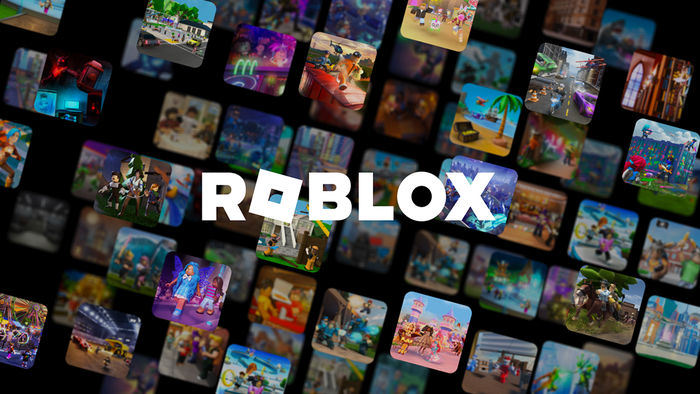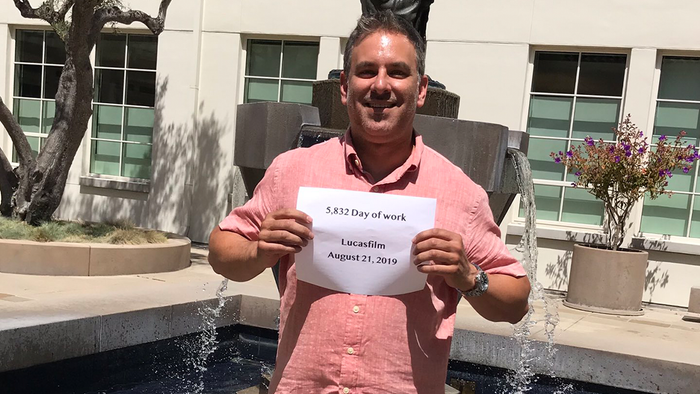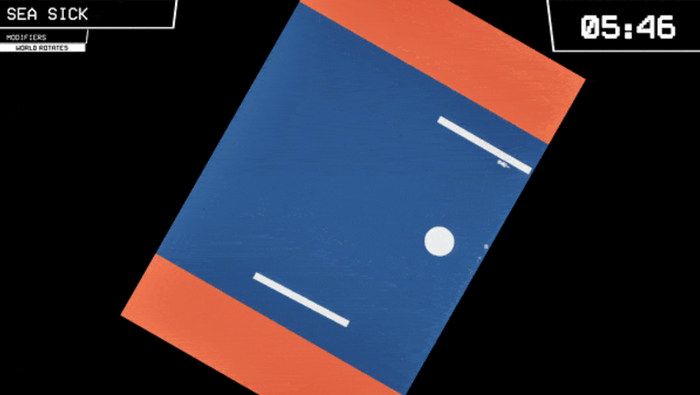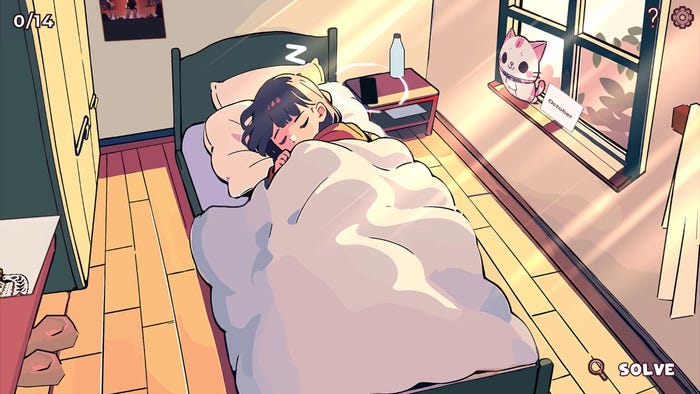A Look into the Game Design of Team Fortress 2
A look into the design of team fortress 2 - the teamwork that is implied into the design makes the game fun and addicting, and many other designers could learn from Valve's masterpiece.

This article was originally written at http://dtwgames.com/design_series/designingames/teamfortress2.html. Site: http://www.dtwgames.com. Please check us out for many more articles on game design. Great for aspiring designers and industry veterans alike.
Team Fortress 2 is an online, multiplayer, team-based, first-person shooter made by Valve. It has sold very well, and is still played obsessively by people around the globe. If you haven't played it, you can buy it off steam for $20.00 (trust me, it's worth it by far).
From first glance, the game looks pretty normal. On the most popular mode, capture the flag, the users are split into two teams of players, and the players can choose what class they want. The goal is to get the intelligence (the flag) from deep within the opposite base, and to bring it back. First person to do this three times wins. But there's more than what meets the eye.
First, let me go over the classes. A scout is really fast, but weak. A soldier is really slow, does not have a large blast radius, but shoots deadly missiles. A pyro is quick and shoots wide-spread fire, which stays on player. A heavy is very slow, but has rapid fire (powerful with time). A demoman shoots bombs and can lay booby traps with sticky bombs, but has no real gun. A sniper... snipes, but has low health and has no weapon for close range. The medic can heal others and can give the team a power up after enough healing. Finally, the spy can become invisible, back-stab for an instant kill, disguise self as part of other team, and can take out sentries. Sentries, automatic weapons, are made by the engineer, who can also make health dispensers and teleporters, but isn't powerful by himself.
The aspect which made the design innovative and addicting is the teamwork involved. Each class has very strong and very weak points, which forces players to not become the same thing, as death would follow. That's the first layer of the teamwork.
The strategies which come out of this, all of which require teamwork, make the game very fun. For example, many times, an engineer will set up a powerful automatic gun, a sentry, in the sewers (basement) of the enemy base. With him, a powerful gunner (a heavy) will defend the engineer until the gun, health dispenser, and teleportation system are in place, which is when the whole team can teleport over and attack in a wave from below.
Often times, a sniper and demoman work together (whether they know it or not). A demoman can lay sticky bombs on the bridge between the two bases and blow them up when people cross to their side. From above, a sniper picks off enemies while the demoman is resetting his/her bombs. That is one way into the base which has been pretty much shut down.
Sentry guns play a vital role in the game, as they are pretty tough to destroy and impossible to get around. Many times, a medic will heal people until the bar is full. At that point, he/she will find a powerful gunner (soldiers are good, as they can shoot accurate and very powerful shots) and make him/her invincible long enough to take out the sentry.
All this teamwork and setting up can take place in the chat, but it is usually understood what needs to be done, which really makes you feel as though you are a single team, not a bunch of guys going on killing sprees who happen to be wearing the same color.
I am surprised that this kind of teamwork hasn't been used more in video games after this game. Most co-op games have two characters who have the same (or near the same) abilities, and while they may rely on the other for healing, real teamwork is multiple people working together, as Team Fortress 2 does.
The beautiful thing about Team Fortress 2 is that teamwork isn't mandatory. Anything mandatory in games is better left out, as it detracts from the players' freedom and overall experience. They could have made a rule that if someone doesn't work with someone else every minute, the entire team is stunned for 30 seconds, but the teamwork isn't organic! The organic teamwork is created because it is necessary, not mandatory. Players will realize them not sticking together and not coordinating their moves will result in losing. They make the choice to work together, and the teamwork becomes a strategy and a choice, not a problem. Choices, as seen where there is no teamwork rule, are more fun and interesting than problems, as seen where working together is mandatory, as a general rule, but that's a discussion for another day.
So, play the game, and you'll see what I'm talking about. There are more modes which also organically create teamwork, such as freeze tag (you must stick together so you can unfreeze teammates) and capture points (in which you must split up into waves to conquer completely different areas on the map. There a few more that I won't mention as well.
In conclusion, not requiring teamwork, but making teamwork the optimal strategy is what makes teamwork in games fun, and gives you a sense of freedom and payoffs after your strategy just put your team ahead. One way to make teamwork the optimal strategy is to vary the abilities, strengths, and weaknesses of the different players, and to create these abilities together with the goal of making each one important in one way or another. Also, make sure there is no optimal strategy (other than to work together). For example, if doctors couldn't make their people invincible and spies couldn't zap sentries, it would be pretty much impossible to destroy sentries. The balance of the game tips to the side of the engineers who make the sentries, and suddenly almost everyone is an engineer, as that is the optimal strategy. At that point, teamwork and coordinating attacks are thrown overboard, and everyone will focus on building sentries. Then you lose the teamwork, the fun, of the game.
I could have gone deeper into this, but I'll leave the other aspects of the teamwork inside Team Fortress 2 for you to analyze and discover for yourself (the only real way to learn). After you've played it (if you can; not necessary), try coming up with your own game in which teamwork is necessary, not mandatory. If you send me your idea under Contact and Submission, I'll read it over and give you some feedback. Good luck! I'm gonna go eat a sandvich now.
Check out our site for many more articles on game design. Go to http://dtwgames.com today!
Read more about:
BlogsAbout the Author(s)
You May Also Like









